Date: 1 March 2002
SilverGuard(TM) rejects more than 50 percent of the sun's energy so it lessens demand on air conditioners while maintaining passenger comfort.
"Vehicle passengers will feel less of the burning sun, or infrared heat, with SilverGuard(TM) glass," says Steve Markevich, group vice president at Guardian Industries. "The vehicle cools more rapidly so occupants dial down on air conditioning use while driving. That translates into better fuel economy and lower tail-pipe emissions."
Markevich adds that laminated SilverGuard(TM) glass blocks more than 95 percent of the sun's harmful ultraviolet rays, which damage the skin and, over time, break down vehicle interior components such as plastic, leather and fabric.
Guardian Industries is working closely with the National Renewable Energy Laboratory to develop gains in fuel economy and lower tail-pipe emissions through smaller vehicle HVAC systems. Where powertrains were once the focus of fuel-saving initiatives, scientists are also turning their attention to kilowatt-hungry air conditioners.
The impetus for the research is a new federal emissions regulation, the Supplemental Federal Test Procedure, now mandating air-conditioning as part of emissions testing procedures. By model year 2004, 100 percent of the vehicle will be subject to the new regulation.
Currently, 80 percent of all vehicles in North America use air conditioning, with some drivers keeping the cool air cranked up 70 percent of the time. "With the air on, fuel economy drops by 20 percent in today's vehicles, and by as much as 50 percent for high efficiency autos," says NREL's Dr. Rob Farrington, principal mechanical engineer with the Office of Transportation Technologies and Systems.
Using Department of Energy 1998 statistics, some 114 billion gallons of gas were consumed by more than 200 million cars and light trucks that year. Using those figures, a savings of just one mile per gallon translates into six billion fewer gallons burned.
And with prices at the pump fluctuating, consumers are starting to do the math. Future vehicles outfitted with Guardian's SilverGuard(TM) infrared reflective glass could help toward shaving air compressor weight while reducing air conditioning use. The result: at $1.22 per gallon, fuel savings of roughly $7.35 billion a year.
"Guardian's goal," says Markevich, "is to help NREL meet its target of reducing by 50 percent the amount of fuel used for climate control. SilverGuard(TM), already used very effectively throughout Europe, is doing just that."
Guardian Industries Corp., based in Auburn Hills, Mich., is a leading worldwide manufacturer of float glass and fabricated glass products for the commercial and residential construction industries. One of the top 100 global automotive suppliers, Guardian Automotive Products, Inc. provides complete exterior systems to the global automotive industry. Guardian Fiberglass, Inc., a Guardian subsidiary, is one of the largest manufacturers of fiberglass in the world and occupies a significant and growing position in the building materials distribution business. Guardian, its subsidiaries and affiliates employ 19,000 people and operate facilities throughout North America, Europe, South America, Asia, Africa and the Middle East.

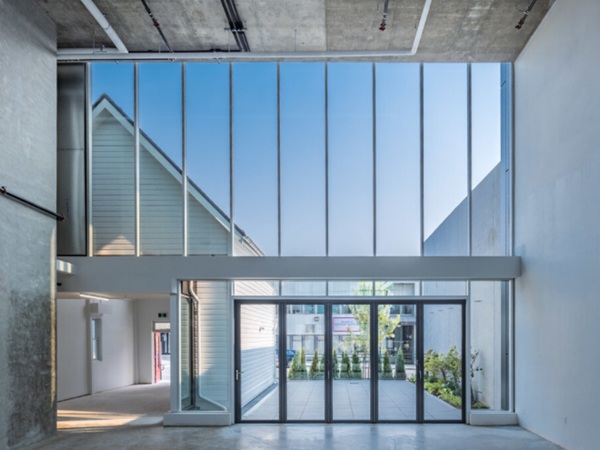
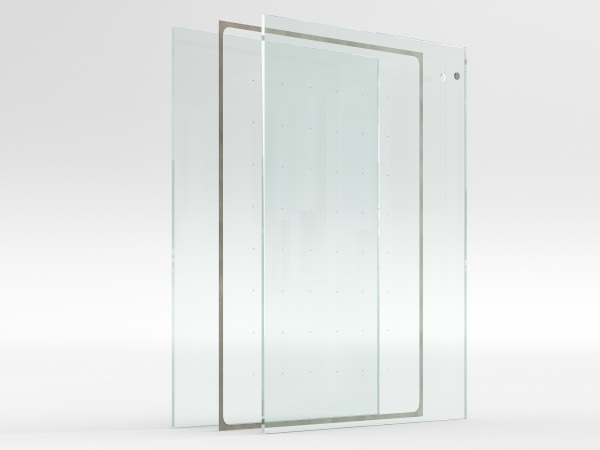


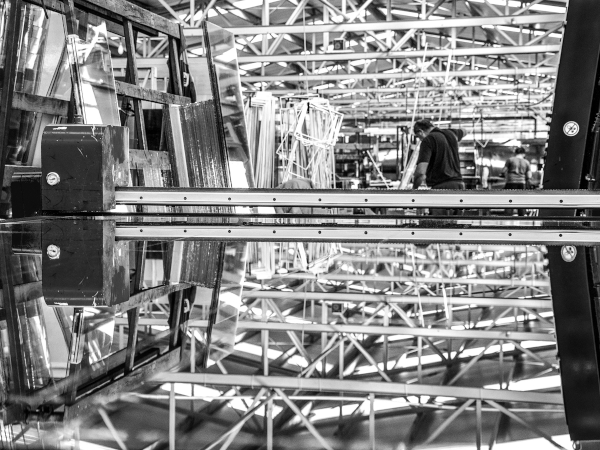
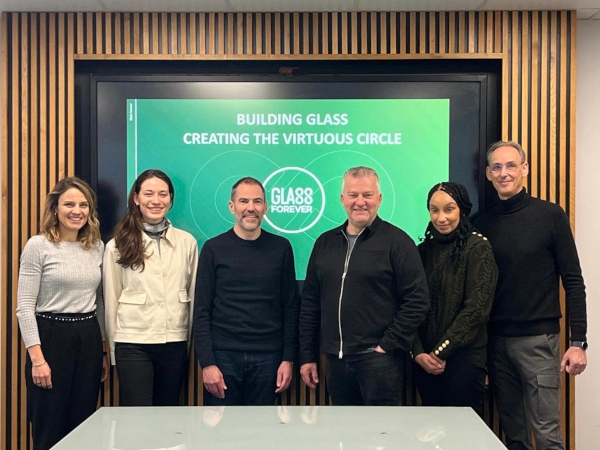














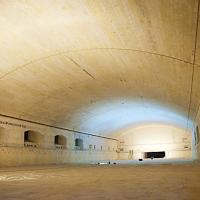

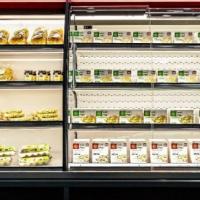
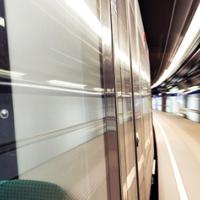
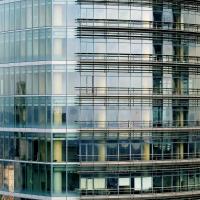
Add new comment